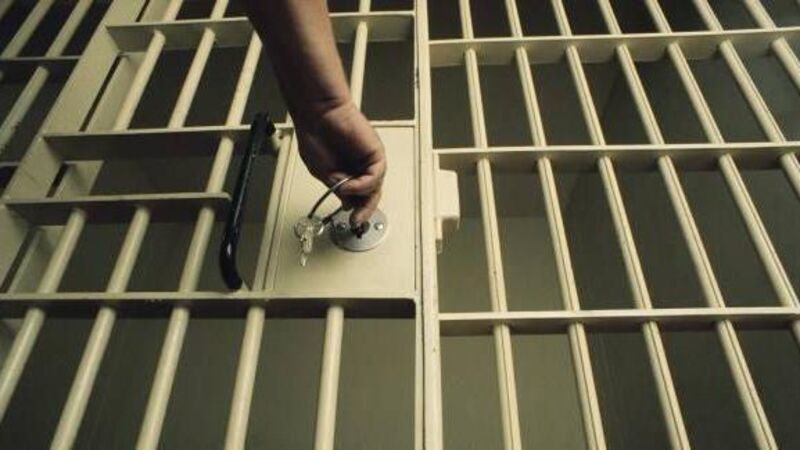Covid-19 has ‘compounded’ mental health issues for prisoners – charity

Psychology and addiction services in prisons have been reduced over the past year because of Covid-19 restrictions and infection control measures.
The pandemic has “compounded” mental health issues for prisoners who do not have enough psychological or mental health supports to meet their needs.
That’s according to the Irish Penal Reform Trust (IPRT), which called for more resources for closed and open prison settings.










